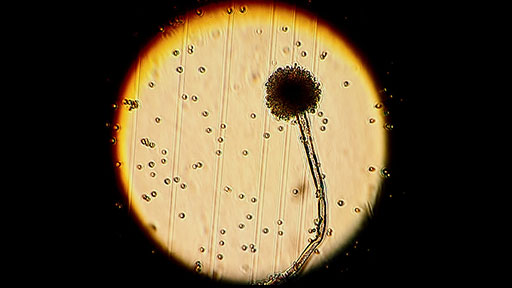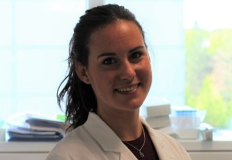MycoLab
Fungi play a crucial role in addressing major global challenges, such as being instrumental for improved resource efficiency. They make renewable substitutes for products for example fossil resources and the bioremediation of contaminated soils and water.
Upgrading waste streams to valuable food and feed ingredients is another of the roles they play, making crop plants more robust to survive climate change conditions. Importantly their functioning as host organisms allow the production of new biological drugs.
On the other hand, Fungi can also have deleterious effects with important economical and health implications, like plant and animal diseases, the toxicity of which is caused by their secondary metabolites. These fungi are responsible for the spoilage of food along the food chain.
Our aim
We are a recently established research group at the University of Hertfordshire.
Nurtured by professionals from different backgrounds, we aim to unravel the mycological intricacy and provide solutions and new opportunities to our business partners through consultancy, industrial advice, or contract work.

Our research
Our research covers the following topics:
- food spoilage and mycotoxin contamination assessment and control
- mycoremediation of polycyclic aromatic hydrocarbons
- identification of the biodynamics of Fusarium head blight and the Fusarium mycotoxins accumulation in cereals in Europe
- use of MaldiTof to high throughput screening of filamentous fungi
- design teaching resources to promote mycology.
Active projects
High throughput screening of novel Penicillium roqueforti fungal strains as effective bioremediation agents for soil and water. The project is funded by Hertfordshire Knowledge Exchange Partnership in collaboration with Myconeos. View this project page in our research database.
Food safety through Mycobacterium smegmatis degradation of mycotoxins contaminating food. The project is funded by a Proof-of-concept grant led by Dr Shan Goh in collaboration with Dr Sharon Kendall (Royal Veterinary College), and Dr Garcia-Cela. View this project page in our research database
Lab members
Dr Garcia-Celai is an Agriculture Engineer and Food Science Technologist with a strong background in microbiology, biochemistry, mathematical models and predictive microbiology. Her research is mainly focused on tackling mycotoxins in the Food Chain. Dr Garcia-Cela also has broad work experience in the food industry and had collaborated several years with EUROSTAT in the development of studies focused on land management. She is currently providing consultancy for several companies and leading a mycological collection at University of Hertfordshire supported by a MaldiTof database.
Dr Shan Goh develops new strategies for the control and treatment of infections caused by antibiotic resistant bacteria such as Clostridioides difficile, Staphylococcus aureus, and Mycobacterium bovis. This involves bacterial viruses (phages), anti-essential gene agents, nanoparticles, and yeast-based vaccines. Her research also involves the use of genetically modified organisms for biotechnology and understanding horizontal gene transfer in bacteria.
Daniel provides analytical support for external and internal clients within academia and industry as part of the Hertfordshire Science Partnership. Currently, he is developing an LCMSMS to quantify polycyclic aromatic compounds.
Upon obtaining a BSc in Biochemistry, he specialized further with an MSc in Biotechnology at the University of Hertfordshire during which he acquired specialist research skills
The improvement of the fermentation processes aimed for the food industry, probiotics therapy, Antimicrobial resistance, and Microbiome-Clostridium difficile interaction are his primary research interests. He is studying the resilience of filamentous fungi against polycyclic aromatic compounds
Gala is a molecular biologist with experience in a wide range of techniques involving genetics, biochemistry and bioinformatic analyses. Gala is focused on Penicillium roqueforti and, in particular, carrying a series of MaldiTof-based analyses that compare the spectra obtained from different strains of the fungus. She is investigating diagnostic markers that identify those fungal strains with the ability to grow contaminated soil.
Rita's interests are focused on the study of the biodynamics of FHB and the mycotoxin accumulation in different European cultivars of wheat under existing and future climate change-related interacting abiotic factors. She is striving to provide an improved understanding of the pathotype adaptation and their interactions with the cultivar, fungicide resistance and weather, especially during the crucial ripening phases. These types of data sets in relation to the life cycle of the FHB pathogens will be utilized to develop models to predict the FHB in European regions and define future Decision Support Systems that can be applied by both farmers and other stakeholders in the small grain cereals chain










